SwRI Space Mission Directorate
Southwest Research Institute leverages its significant experience in many facets of the space science business to build and maintain high quality operations centers for unmanned space missions. Our Science Operations Center (SOC), part of our Space Mission Directorate (SMD) hosts these missions:
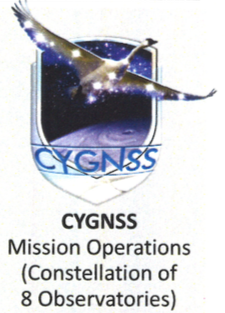
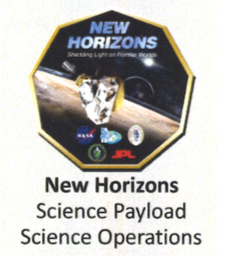




Science Operations Planning
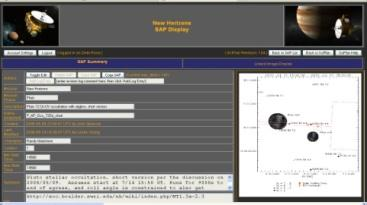
Successfully collecting science data from a space mission requires a close collaboration between the science team and the science operations uplink engineering team. SMD developed web-based tools facilitate prototyping, developing, and tracking science operations timelines and observation definitions.
Science Operations Uplink Engineering
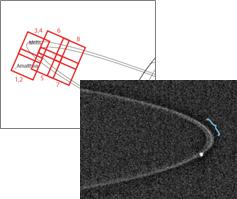
Choreographing sequences of commands to control spacecraft and instrument operations is key to successfully executing science observations. An experienced uplink engineering team translates the science objectives into observation sequences. With visualization tools the uplink team creates simulations of the specified observations allowing review and refinement of the observations – enhancing the ability to collect unique science data.
Automated Data Pipelines
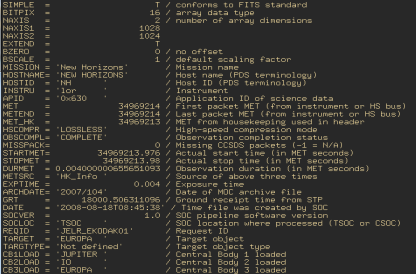
When the data from a spacecraft arrives at Earth, it is typically not in a form useful to research scientists. Converting the raw packets of data to useful science data files is the job of an automated pipeline that will assemble packets, detect missing data, and correlate housekeeping information. Data will then be converted to scientifically usable form. For example, images will be converted to standard and easily readable formats.
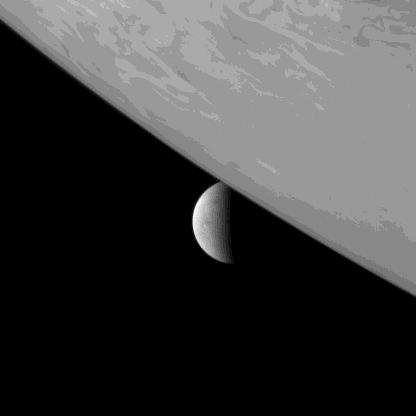
Also, to find the data needed, scientists need easy electronic access and database query ability. The Science Operations Center designs custom pipelines and web-based access for all kinds of science data.
Data Archiving
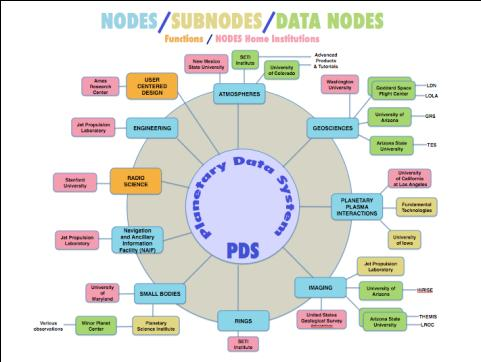
For the benefit of the space science community, missions archive data for generations to come. NASA has special facilities dedicated to this effort, such as the Planetary Data System (PDS), the National Space Science Data Center (NSSDC), and the Solar Data Analysis Center (SDAC). Archiving is a very specialized operation that can become unwieldy, complex, and costly if not done properly from the start. Southwest Research Institute has the tools, experience, and key relationships to help this process go smoothly. On missions with repeating groupings of data (such as orbiting missions), automation can be applied to simplify future archive production and delivery.
We take full responsibility for archiving data with the appropriate NASA archive facility, helping to smooth the data or review process, and we will ensure your submitted datasets are compliant with the standards.
Space Technologies
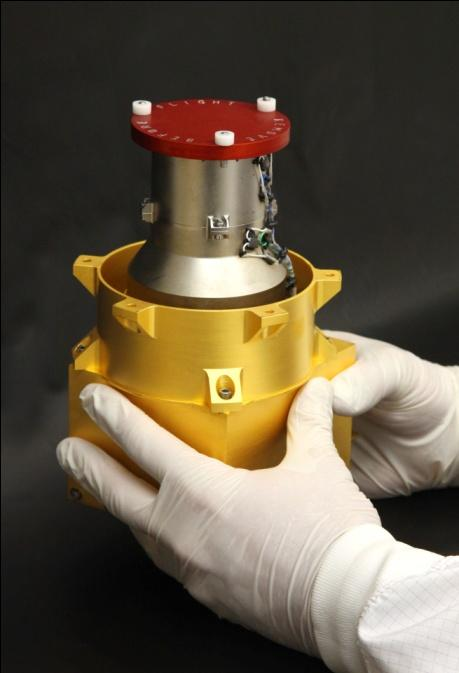
The Radiation Assessment Detector (RAD) for the Mars Science Laboratory is a 1.5 kg. particle radiation spectrometer designed to characterize the habitibility by life on the surface of Mars.
Engineers and scientists within SMD are involved in the design and development of various types of spaceborne instrumentation. Our expertise includes analog and digital electronics, power supplies, sensor systems, optical systems, particle radiation detection and spectroscopy, UV spectroscopy, and laser ablation resonance ionization mass spectrometry. Our labs include facilities for: electronics prototyping, development and test; optical system test and integration; radiation spectroscopy instrumentation; and laser ablation resonance ionization mass spectrometry. In 2010 we will commission our newest lab, which is a ~2500 sq. ft. facility equipped with clean rooms, vacuum facilities, and prototyping/manufacturing infrastructure, all dedicated to the development, integration, and test of spaceflight instrumentation.
Mission Management and Systems Support
SMD is also the home of experienced Project Managers and Systems Engineers with decades of experience in leading space science missions and instrument developments. Our personnel posses experience that extends from new opportunity capture through decommissioning. We are able to support both internal and external Principal Investigators with all aspects of planning, capturing, and implementing their instrument or mission. Our diversified experience includes missions across the full spectrum of the NASA space science enterprise: Planetary, Solar, Astrophysics, and Earth Environmental Monitoring. Our extensive experience includes working with partners in academia, industry, government, and foreign institutions.
Respected in Space Science
Southwest Research Institute’s Division of Solar System Science & Exploration has provided decades of industry-leading hardware, software, and project leadership for the space science community. Our state-of-the-art laboratory facilities have been used for the design, fabrication, and testing of modern spacecraft instruments that have flown on missions that return science data to Earth for the purpose of exploration and discovery.
The Space Mission Directorate (SMD) specializes in enabling mission science teams to get the science data they want. This is enabled by a deep understanding of science as well as mission needs. Better data products make for better research results, and the two most important factors that ensure quality data are proper science planning and timely and correct ground data processing.
In Boulder, Colorado, SwRI’s Space Mission Directorate (SMD) is complemented by the Space Science Directorate, which conducts basic observational, modeling, and theoretical research in a wide range of solar system and astrophysical topics.